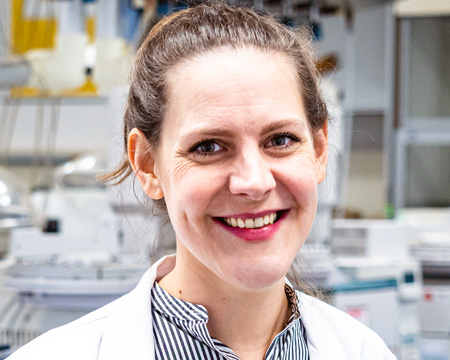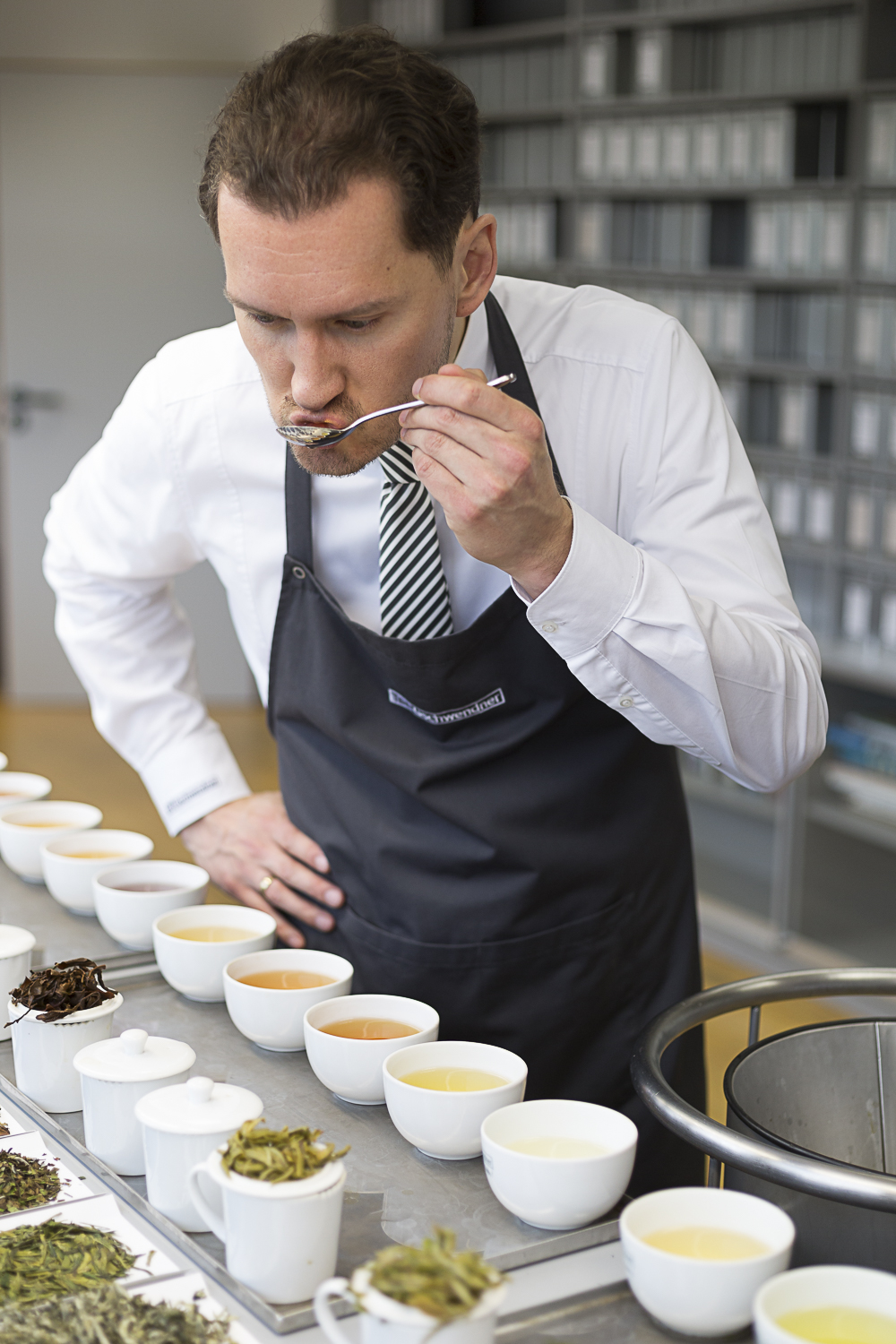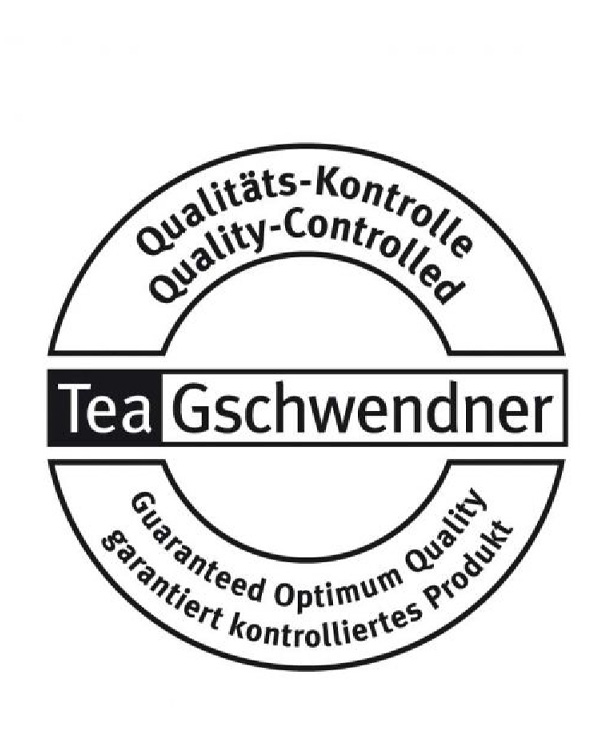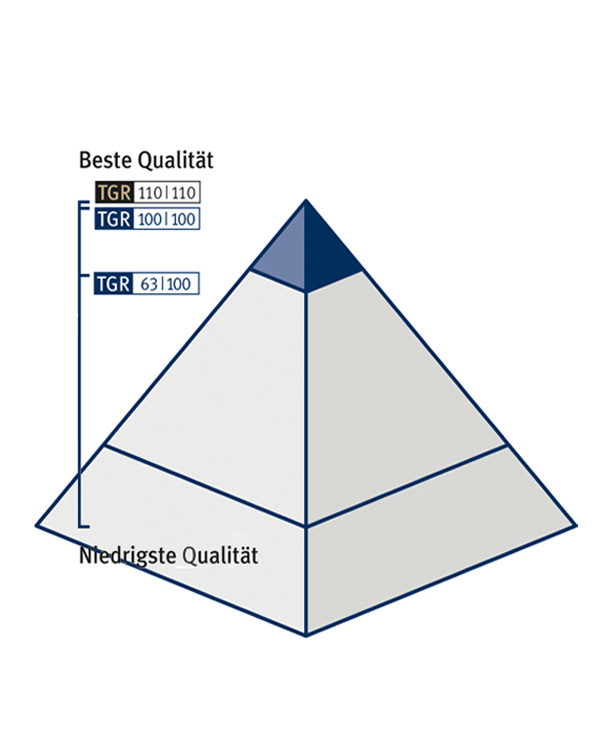My shopping cart
Your cart is currently empty.
Continue Shopping

Tea Gschwendner stands for the highest product quality and excellent product safety. Even the purchase of our teas is carried out according to defined quality criteria. Preference is given to tea from organic cultivation, while tea from conventional cultivation is sourced exclusively from tea gardens that know and take seriously the high quality standards of "Tea Gschwendner".
Employees of "Tea Gschwendner" regularly visit the tea gardens on site to discuss quality-relevant criteria with the producers. All tea samples are examined for traditional quality criteria as well as for undesirable residues and contaminants. Traditional quality assessments (observation of the processed leaf, smell of the dry tea, taste of the brewed tea, testing of the infusion, i.e. the brewed tea leaves) are carried out by our tea tasters.
To ensure the flawless quality of our products with regard to possible residues or impurities, our quality assurance is based on a close-meshed concept. The examination of our tea varieties is based on a "Code of Practice" , which defines quality assurance strategies at all product stages.
We accompany the tea's journey from the country of origin to your cup through an unbroken chain of elaborate quality assurance measures.
Unadulterated tea enjoyment:
Before purchase, Tea Gschwendner tests the freshly harvested samples organoleptically as well as food-chemically in the in-house laboratory under scientific supervision for residues and impurities.
It goes without saying that Tea Gschwendner checks itself beyond its own quality measures through additional checks with independent experts.
The association of tea importers also continuously examines tea samples from various production areas in voluntary self-monitoring.
these are our "quality finders", the Tea Tasters! How do they do it? All over the world, there are thousands of tea varieties, differing according to plant, origin, climate, cultivation, picking, harvesting and processing methods. Every year, 20,000 tons of top-quality tea are presented with considerably more than 10,000 small sample consignments from the tea- originating countries.
Especially during the seasonal peaks in spring and summer, courier consignments arrive daily with hundreds of samples to be evaluated. Thus, during the production period from February to November, the tasting cups rattle daily in the tea tasting room of our Meckenheim headquarters.
Anyone who, as a guest of our company, has experienced how tea is looked at, sniffed, touched, weighed, brewed, poured, sipped, sucked, cheered, spat on and enjoyed there, has gained a lasting impression of tea and its range. Our tea in the "Best Quality" category is not mass-produced goods that can be standardized, but top quality goods selected with a lot of experience, knowledge and love!

Security and control
these are the key terms that lead to the establishment of an in-house laboratory because purchasing tea is a matter of trust.
A straight concept for our quality assurance ensures the flawless quality of our products. They are examined on the basis of the “Code of Practice” in which all quality assurance strategies for each production phase are determined. We purchase according to much more stringent standards than the national law requires.
Quality is more and more connected to factors like residue control and food safety, which have become the daily business of our laboratory team – more than 1,000 teas are tested yearly.
The laboratory is divided into areas of preparation / extraction, weighing chamber, cleaning / concentration and identification / determination. The 5-member team around quality manager and nutritionist Dr.-Ing. Sophia Dohlen starts with testing the offered samples to make a purchasing decision on the basis of a comprehensive quality evaluation.
After purchase, the products are tested on arrival and random samples are controlled on a regular basis. An additional external control completes the inspection concept.
Furthermore we are actively engaged in national and international expert committees. Only through this complex and worthwhile quality assurance strategy are we able to offer a high-quality, clean and healthy product.

Evalauting Quality
The TG-Rating
The TG-Rating (TGR) allows a differentiated evaluation and refers to the upper, small peak of the tea-quality-pyramid – the best qualities that meet our requirements at all. We start our Rating with 63 / 100 points.
Teas below the pyramid’s peak would be evaluated with less than 63 points. Those teas are not part of our assortment. 100 out of 100 points is rarely given, because there cannot be any improvement within the Editions-range, except for our Edmon’s Premium Tea Selection.
These specialties, often with rarity character, can reach up to 110 points due to their perfection, exceptionality or craftsmanship.
Our tea tasters evaluate the tea by different criteria. There are points given within each defined category. A Darjeeling tea can only be compared to another Darjeeling of the same harvesting period.
Our herbal, fruit and flavored teas have a different evaluation scheme. Besides the taste, the ingredients, products of competitors as well as organic cultivation are decisive criteria.
